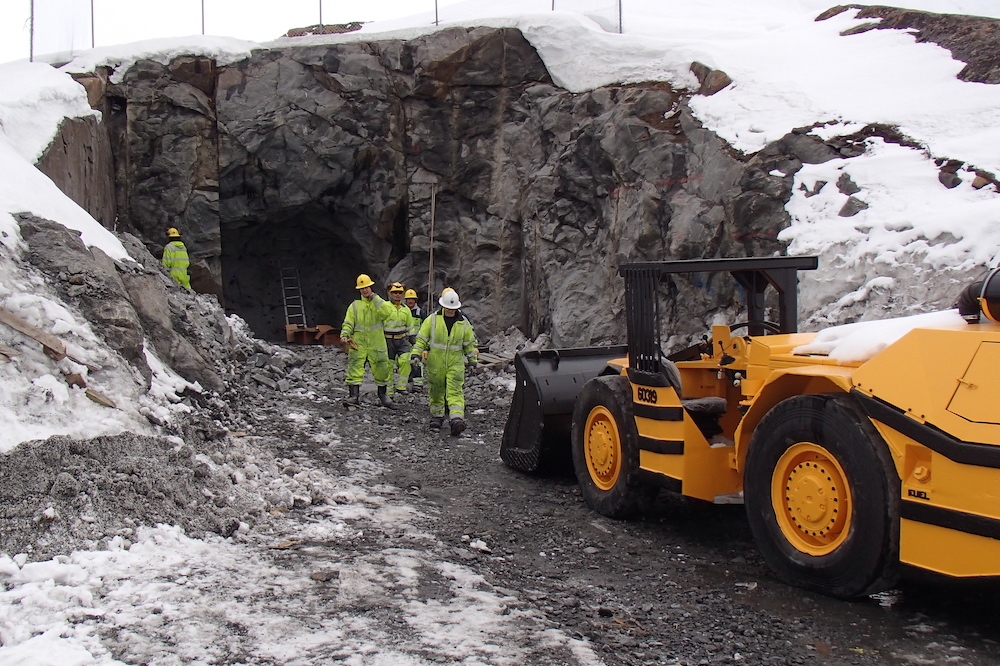Greenland’s Inuit to use membership of Arctic commerce group to push pro-mining message
Joining the Arctic Economic Council separately of its parent organization gives ICC-Greenland a say of its own as Greenland looks to diversify its economy.

A group representing Greenland Inuit has joined the Arctic Economic Council separately from its parent organization, as Greenland seeks to address concerns that political opposition to mining radioactive minerals will hobble the development of other mining efforts. The country is hoping to grow its mining sector in hopes that it could supplement its fishing industry as a source of exports.
“Greenland, like other Arctic communities, is in an urgent need for diversifying its economic activities,” said Kuupik Kleist, an ICC-Greenland representative. “We are almost completely dependent on the export of fish, which makes the economy fragile and pushes the limits of resources.”
Founded in 2014, the Arctic Economic Council seeks to promote business opportunities in the region.
[Russia is planning an active Arctic Economic Council chairmanship]
The Inuit Circumpolar Council represents the interests of the 180,000 Inuit residents of Alaska, Canada, Greenland and Chukotka, Russia at the Arctic Council (where it is one of the six Permanent Participants representing Indigenous groups). The ICC was admitted to the AEC (a parallel but independent organization from the Arctic Council) as one of its original members.
By joining the AEC separately from its umbrella organization, ICC-Greenland hopes to gain a stronger, more independent voice that it can use to promote activities such as mining and tourism.
Both activities have been identified as two potential sources of economic growth that Greenland can use to reduce its reliance on fishing and wean itself off of its 3.9 billion kroner ($620 million) annual subsidy from Denmark.
In April, Greenland elected a government that is opposed to mining radioactive minerals. It is, however, fully behind development of a mining sector, which was a message it sought to get out immediately after coming into office.
Kleist, himself a former premier and head of Inuit Ataqatigiit, the party that currently heads its government, has worked to promote the mining sector in Greenland. He said ICC-Greenland would use its membership of the AEC to tell miners they are welcome there.
“The government is not against mining activities in general,” Kliest said.
For its part, the AEC, according to Mads Qvist Frederiksen, its director, is looking to draw on ICC-Greenland’s work to ensure that some of the profits earned on Arctic resources remain in the region.
“This strengthens our representation in Greenland and our work to develop Indigenous businesses across the region. Instead of thinking North-South collaboration, we have to think more across the Arctic,” he said.